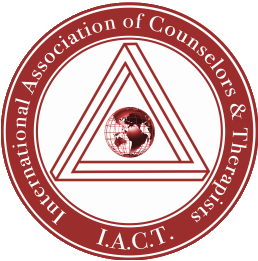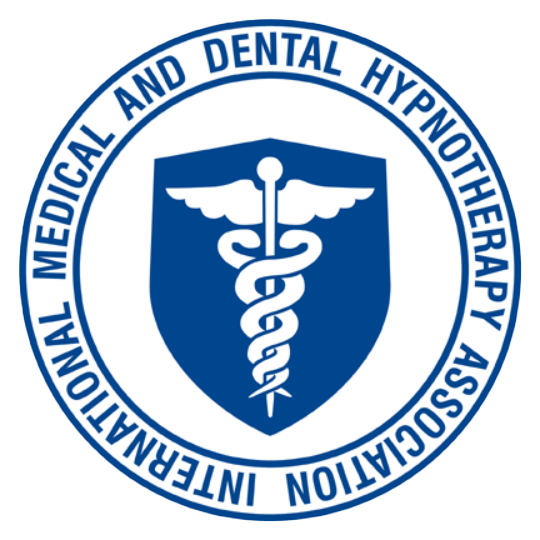Frequently Asked Questions
Hypnosis is a deep state of relaxation which is known as a hypnotic trance. It can also be called an altered state because it is different from the normal conscious state. The hypnotic trance is a condition of “objective passiveness and abstraction” which creates a therapeutic setting that is free from and not influenced by personal feelings or opinions. A trance is a normal and natural state and is experienced by people every day. Examples of this includes a person becoming focused or engrossed in daydreaming, watching television or a movie, and driving for long periods of time.
Hypnotherapy is the use of hypnosis to address mental, psychological, and physical conditions. With conscious mind activity and resistance minimize, suggestions are directed to the subconscious mind to address root causes of mental/psychological and physical problems which can result in therapeutic healing. In addition to the field of psychology, hypnotherapy/hypnosis is also utilized in the medical and dental fields.
With no consensus on this subject, everyone has the potential to be hypnotized and all hypnosis is self-hypnosis. The hypnotherapist/hypnotist cannot guide an individual to go into a trance if there is resistance on the part of the individual. All people will experience different depths hypnosis.
Yes, the American Psychological Association (APA) and the American Medical Association (AMA) both recognize hypnosis as a valid form of effective therapy.
Some of the major benefits and uses of hypnotherapy/hypnosis include that of skin conditions, sleeping disorders, self-image/confidence, elimination of phobias, stress and anxiety, chronic pain management, sexual problems, drug and alcohol abuse, smoking cessation, weight reduction, memory and concentration improvement, speech disorders, immune system, overall mental and physical health improvement and strengthening.
No. You will always have control of your mental faculties no matter how deep the hypnotic trance is. A person can always hear what is being said and will not respond or behave in a manner which contradicts their moral or ethical beliefs or standards.
No. A person’s will is stronger under a hypnotic trance and will not act on a suggestions that are in oppositions to their personal value system.
Misconceptions come from a lack of understanding and knowledge as to what hypnosis actually is. In-line with the two previous questions (6 & 7), some of these misconceptions include that with hypnosis you are giving up your mind control to another person and that it weakens the will. Other misconceptions include that it is sorcery or black magic, it is a journey into the unknown, you will not be able to come out of the hypnotic state. Also, it is a miracle power that produces healing, that it is dangerous, you lose consciousness and will have amnesia. A lot of these misconceptions come from the film industry and stage show performances which are solely entertainment oriented.
No, hypnosis is not a form or phase of sleeping even in the deepest hypnotic trance. With natural sleep the consciousness mind is not active and tends to lose contact with the outside environment. Sleep is also dependent on changes in circulation and brain chemistry. In the hypnotic state consciousness is present at all time. The mind is always awake and highly focus on the words of the hypnotherapist. Conscious activity is minimized to allow therapeutic suggestion and healing.
Hypnotherapy/hypnosis has been used as a therapeutic healing modality for hundreds of years, but only in recent history have clinical uses been professionally recognized. Hypnotherapy has been proven useful in the treatment and healing of a wide variety medical and psychological illness and conditions.



